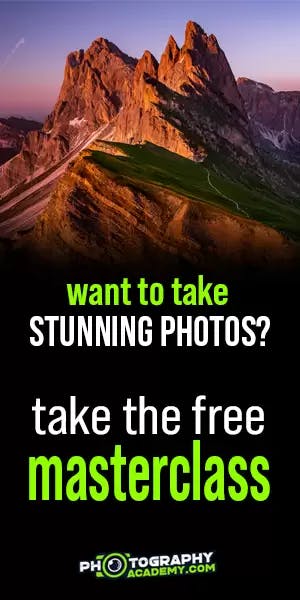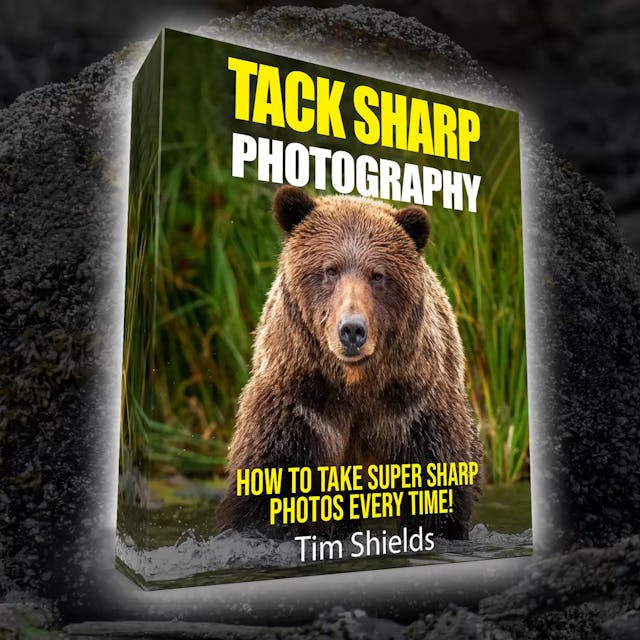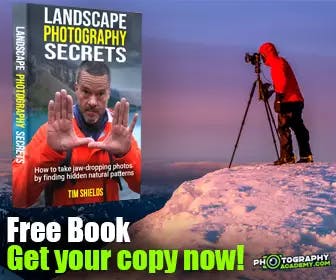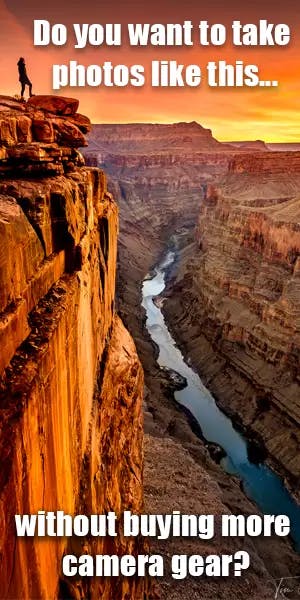This is my Nikon D850. There are many like it, but this one is mine. I’ve owned it for over a year. I’ve taken tens of thousands of photographs with it. And I figured it was high time for a proper review.
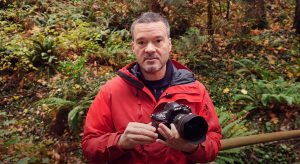
I’ve used this Nikon D850 all around the world. I’ve taken pictures with it from a camel in Egypt, from an ATV in British Columbia, from a helicopter blowing, sand storms in Death Valley National Park, or during spring surf on the coast of Oregon and everywhere in between. I love this camera and I’m going to show you the pros and the cons from what I have experienced with this camera, so that if you are considering buying it or if you already own it, and you just want to feel even better about the purchase that you’ve made. Listen to my review. First
Thing is the glass. It is so important that when you have a camera body of this level, this high quality of a sensor that takes as high resolution photos as this one does, then you had better have very high quality glass to go with it. It is a complete waste of money to have a camera body like this and low-quality glass. And of course, Nikon has its Nikkor series of lenses that are tried and true. And there are so many other aftermarket lenses that fit this camera and work so well worth it.
Frame rate, buffer, and memory

The Nikon D850 has a frame rate of seven frames per second, which is high. And if you buy the extra battery grip, which costs about an extra thousand dollars, you can get up to nine frames per second. That isn’t something that I use as a landscape photographer, but if I was shooting sports, then definitely I would make that extra investment. Nikon says that the D850 can buffer 51 full frame, raw images at one time. So that’s a lot of images to shoot before those images need to buffer out onto your card.
The Nikon D850 has two different memory cards. It has a conventional SD card, and it also has the relatively new format of the XQD card. When I first bought the camera, I was upset about the XQD card because it was expensive to buy, and it was also difficult to get ahold of a card reader. But now I am so happy that the XQD card is part of this camera. And in fact, I wish that the camera had to XQD cards instead of an XQD and an SD. And the reason for that is that the XQD card is so fast. The camera almost never even has to buffer when you’re shooting in rapid fire mode. The upload from the executing card into my computer is lightning fast. I’m talking like it feels like double the speed of an SD card.

Build quality
This camera Is built tough. It is a tank. It’s got a magnesium alloy frame. It’s got a fantastic grip that I’ll talk about later. It has some weight to it and it just feels rugged. It just has that kind of feel to it. You know, in fact, if I was photographing late at night on the wrong side of town and someone were to come up and try to get this thing from me, I would use this as the weapon. This thing is built like a tank. They can have my D850 when they pry it from my cold dead hands.
Two cameras ago, I had a Nikon D800. I was splashed by a wave on the beach in Oregon. And within one second, that camera was completely dead. I don’t think the same would have happened with this camera. it has rubber protectors that snap over all of the ports and jacks. Generally it is protected from at least some level of water, as well as sand. The weather sealing is very important, and I’m certainly glad that this camera has that.
The sensor on this Nikon D850 is unparalleled. It has 45.7 megapixels of raw 14-bit goodness that gets saved onto that XQD card. This means you have to expect that your file sizes on your computer are going to be about 100 megabytes in size, but what these large file sizes allow you to do is to crop way down. If there is the need for that in post, later on, when you’re at home, in addition, you don’t have to be shooting at the largest file size in RAW. The camera has a setting where you can choose large, medium, or small raw file sizes. So if you’re shooting the family birthday party, you can set that file size to raw small, and then save the size
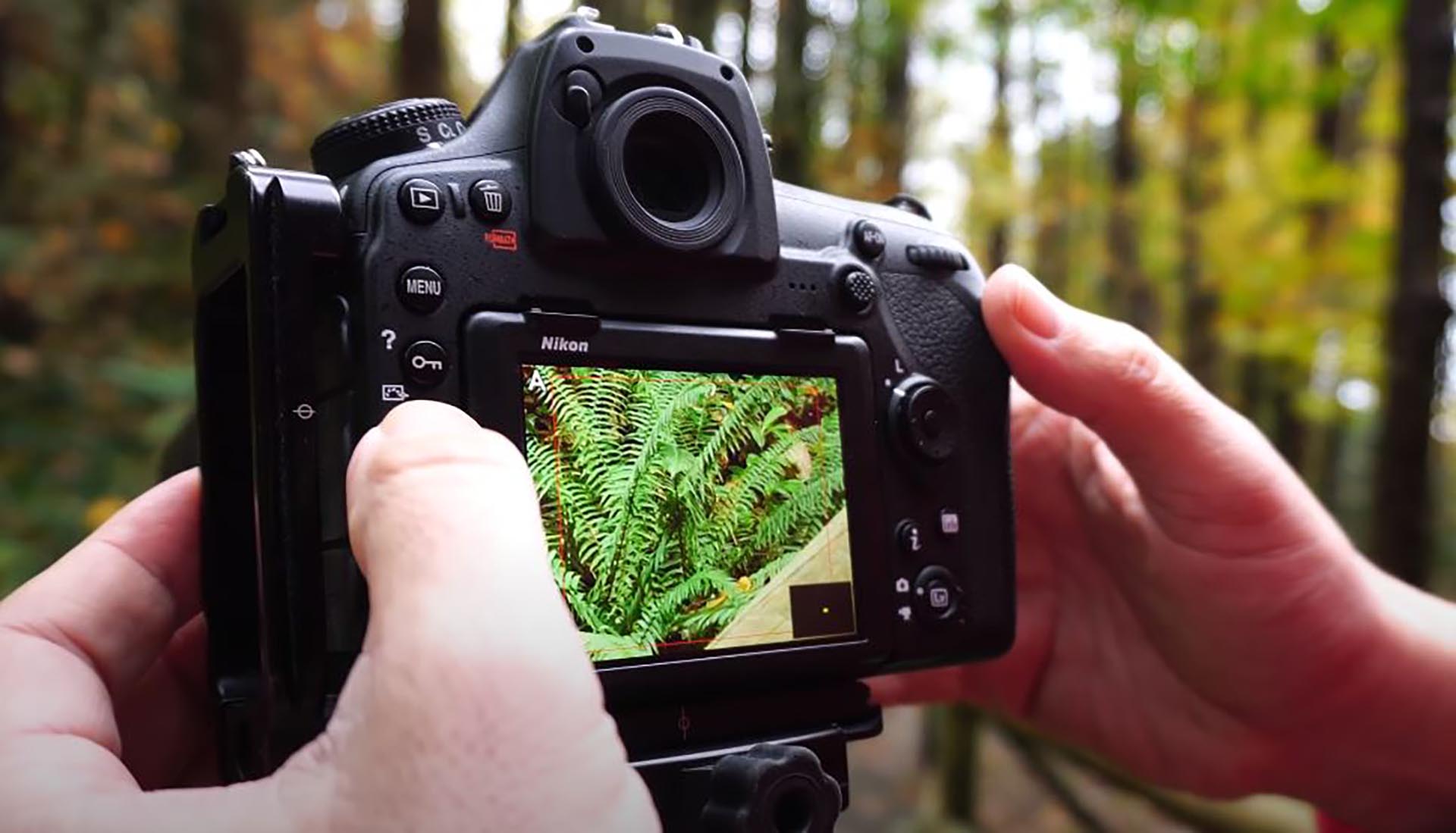
How well does the D850 focus?
On your hard drive. The Nikon D850 has 153 focus points. And 99 of them are the cross type. This is great for moving subjects and it works fairly well. It’s not perfect, but it isn’t really a feature that I use because I’m more into landscape photography. I prefer single point focus. I prefer manual focus and it works perfectly for me.
The live view on the back of this camera is fantastic. And I very much enjoy using it, especially for shooting panoramas, where I’m moving that camera across a number of shots. I do find that the live view tends to suck the juice out of the battery quite quickly. But when you use live view, you also have an added feature of silent shooting. And when that con says we have silent shooting, they really mean it because it is silent. And this is great. If you are taking candid shots of people or you are doing wildlife photography, and you’re trying not to alert an animal with your presence.
The touch and articulating screen is a game-changer
The screen live view is absolutely fantastic. It has 2.3 million pixels. So you can zoom in and review your photos at 100%. It’s also very bright. So you can see the live view clearly on a bright sunny day. And this screen is also a touch screen. So you can scroll through your photos. You can double-tap on them screen to zoom in, or hit a button to rate your photos using the touch screen. And you can even use the touch screen to focus the camera, and also for focus peaking. Also, the screen tilts up and down, and this is a great feature to have. Although I continually forget to use it two weeks ago, I was shooting at the famous Portland, Japanese maple tree, and I was down on my knees needing to get low to the ground and I should have used the tilting live screen. But unfortunately, I forgot about this feature. It’s a great feature to have.
On the back of the camera, there is a thumbstick, and this can be used to move the focus point using the live view. So you can change your focus point around quite quickly. This is a great feature to have. I really don’t use it all that much, but still, I like having it in case I do.

My most used features on the D850
I love the time-lapse feature on this camera in live view mode, the Nikon has a built-in time-lapse function, and this means that you can shoot 4k time-lapse videos without the use of an intervalometer like you need on other cameras, like the Sony, A7RIII, the Nikon D850 saves video time-lapse files in MP4 file format. And you can also shoot 8K time-lapse if you are using the full shutter. What’s nice about the time-lapse feature in 4k mode is that you’re not actually using the shutter on the camera and you’re not wearing that thing out. It’s all an electronic function.
And again, it’s saving the video file as an MP4, and it’s completely silent. You can even set a timer within the camera to start shooting time-lapse and to turn the back screen off to save your battery, this is great. If you want to shoot a time-lapse of a sunrise, but you don’t actually have to be up in the morning in order to shoot that time-lapse, you can do the whole thing pre-programmed on it.
Nikon thought of everything with this viewfinder
The viewfinder on this camera has a 0.75 times magnification. it’s wide, it’s bright, and it also has the little shutter opening on it so that you can shut off the light from leaking into the camera during very long exposure.
Is very important for me because I am shooting stills, and I’m also shooting video in the field. This camera shoots 4k video at 30 frames per second. That’s not really a big deal because every camera, these days shoots video at that type of a standard. What I wish this camera had was in-camera stabilization for the 4k 30 frames per second video. It doesn’t have that, and it needs that Nikon. If you are listening, please put the image stabilization in on the 4k video.
The camera also shoots 1080p video at 120 frames per second. So you can slow down the motion of anything that you’re shooting. The video uses the rear screen while you’re shooting. I find that the focus system is good for subjects that are staying in the same place, but if we’re talking about a moving subject, the focus system is not working all that well, but again, I’m a landscaper and my subjects aren’t moving all of that much. So the video system is great, but it Could be better.

How is the ISO?
Now the ISO Functionality on this camera is exciting for me. The ISO goes down to 64 and at 64 ISO, this camera has the highest dynamic range of any camera in its class. This is the most important feature for me is the dynamic range. It means everything.
This means that the camera can take a photo facing into a sunset. It will capture the highlights in the sky and also capture the darks in a dark foreground. So having that 64 ISO is very important to improve that dynamic range. The ISO also goes up to 25,000 plus, and this is great for, of course, any type of low-light shooting or astrophotography
But I want to be clear that the dynamic range on this camera is nothing short of amazing and dynamic range really is the most important feature on an SLR camera. For me as a landscape photographer, it’s more important than having a massive size sensor to take these gigantic photos that rarely any of us are printing 10 feet wide, but the dynamic range means everything. And this camera performs. It absolutely meets expectations. It exceeds expectations with dynamic range. And again, as a landscape photographer, all of my shooting situations usually involve situations with very high dynamic range in between a sky and a dark foreground in terms of the cons for this camera.
Does the Nikon D850 have any flaws?
But if there were some things for improvement here, they are, it is a little heavy, but there’s nothing we can do about that. It’s got a lot of technology packed into this body. I’m not going to complain about the weight, but it is something that when you’re going on a long backpacking trip and every gram of weight counts, then this is a heavy thing to put inside your pack with the 4k video. It definitely needs image stabilization in order to stay modern and to compete with the other cameras that haven’t, the camera does not have a built-in flash, which is a nice feature to have, especially to control other flashes with it.
The wifi system does not work well to offload your photos using wifi. And when shooting video, the motion tracking focus does not work all that well. I just find that the shooting of video and the focus works best when your subjects are not moving closer to the camera or further away from the camera. Those cons aside, this camera is a 10 out of 10.

So what’s the final verdict?
I bought it a year ago. I’ve taken tens of thousands of photos with it, and I love this camera. It was money well spent. I feel that it’s an investment and I’m going to have it for at least another three to five years. This is like a companion. I don’t want to leave home without it. I certainly would never go on a trip without it, because it has given me the ability to create some stunning photos in situations where my previous cameras would not have been able to perform. But I’m curious about is your opinion.
And I would like to hear what you have to say about the Nikon D850. Do you own it, or is it something that you’ve considered buying? What do you think about the features on this camera? What do you think about its capabilities? Please leave a comment below. I’m always anxious to read what your opinions are because I learn a lot from the opinions of others.

